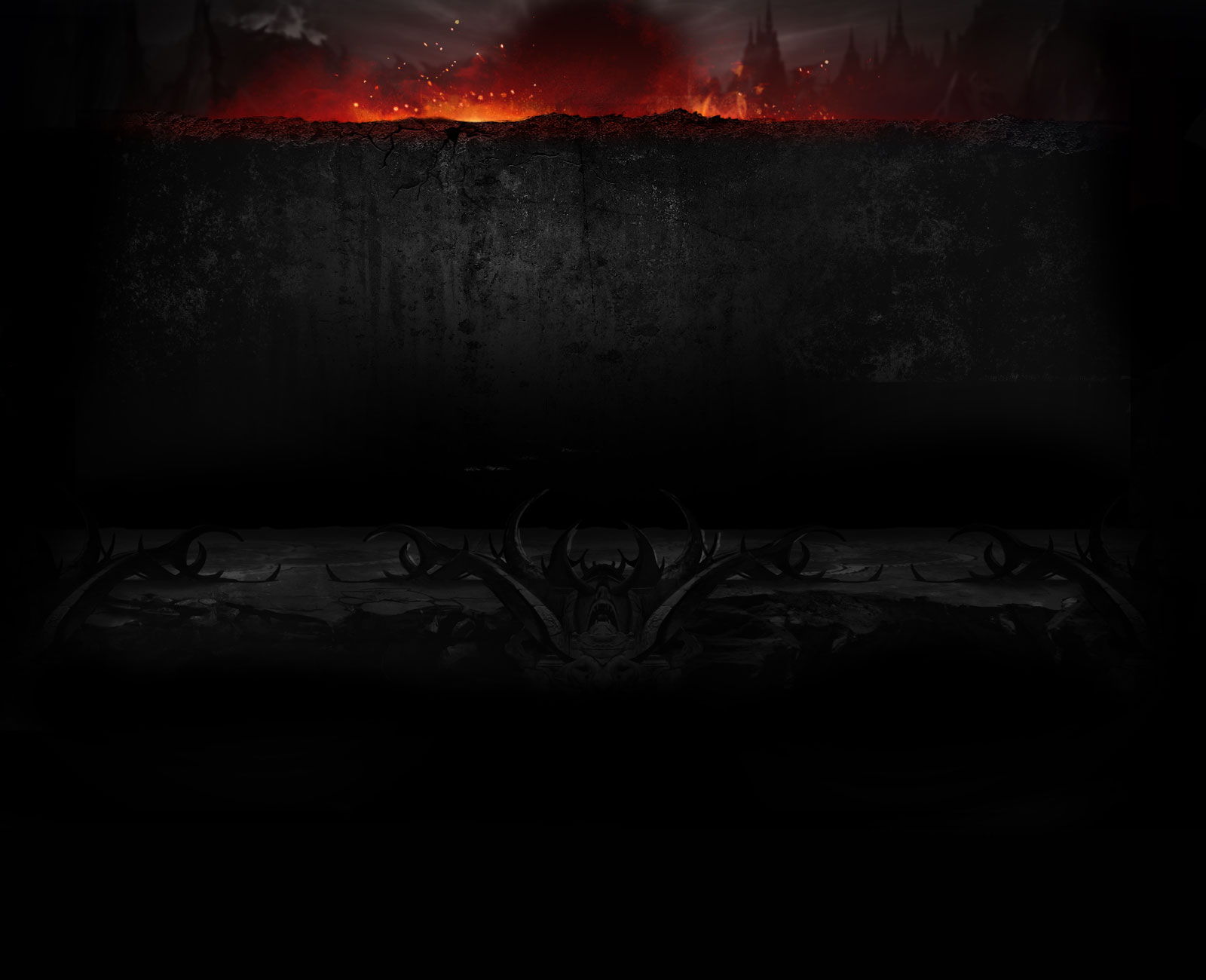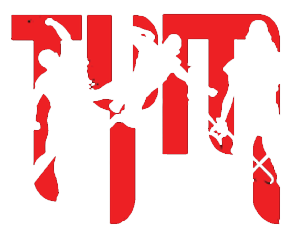Thanks for criticizing me. - I'd really appreciate if you told me what other factors I should keep in mind.
There is just one thing that I try not to do. It has to do with the famous "
Is-ought-problem". I do not want to discuss the actual state of a system in order to conclude on a morally ideal state. This is what happens a lot in everyday discussions.
Maybe this is why I disregard many of your moral considerations! I don't mean to be disrespectful doing so!
And still it is those Western countries that the BLM seems to be dissatisfied with the most...
Besides I'd really like to know what fascist societies you are talking about exactly. I am coming from Europe and we are looking back at a long history of totalitarian regimes. Yet I haven't heard of a single society that got changed to the better by an angry internet-mob. Even the Nazis (luckily) got stopped by foreign military forces that dictated said laws.
The French Revolution might come to mind, yet this one was special: I think that the age of enlightenment went hand-in-hand with a scientific revolution that made the religiously shaped world order seem absurd. We can discuss this further, but I don't think that the French Revolution is a good example to prove your cause.
So maybe you can tell me what fascist societies you are talking of? Besides I'd like to know if you think that any
democratic society ever got changed to the better, once have begun to disregard democratic decision-making and instead intimidate those who think differently.
This is one definition indeed. You can link "
fascism" to "
ultranationalism". In this case I agree with what you say. I propably should have used the term "Totalitarianism". I meant forms of government that pursue dissenters. An example would be Lenin's or Stalin's Communist Party, which also started with a revolution of the masses and then cost the lives of billions of people.
I would really like to get deeper into this!
Personally I think that you can also discriminate people because of their beliefs. This might even be the more dangerous thing, because you immunize yourself against criticism from your own circle.
Let me just give one historic example: In the 17th centruy Shekespears "Othello" was published. The hero was a black man, a honorable general. In the same century the Europeans started the Thirty Years War because of dissenting religious beliefs.
The thing is: I do not want to relativize racism in any way. I do want to stand up for what (I think that) the BLM movement stands for. However I have yet to find out how I can do so without giving the the impression that left-wing rhetoric and their aggressiveness towards dissenting ideas was okay. It is not and it is dangerous. This is my dilemma...
Yes, sir! - I should propably be more careful with the terms I use. I must add that I am no native speaker, so I am propably hard to understand and using inappropriate words a lot. This is another reason why I really appreciate your time to answer me. Thank you.
A few pages ago I asked you what the BLM "actually stands for", but you gave no answer. I am still interested in this question, because I think that - under the surface - the BLM movement is pursuing very hetrogenic ideals. They might be united by buzzwords like "equality", whereby each would propably define these terms differently.
So to sum things up. If you want me to take a closer look at some ideas/terms, then I would appreciate your help:
1.) Can you give me some examples of societies that got changed to the better by actions similar to cancel culture?
2.) Can you give me an example of a
democratic society that got changed to the better once people began to disregard democratic decision-making and instead intimidate those who think differently?
3.) Communist regimes have often started with a revolution and then killed millions of dissidents. Should we also consider this facet of history before we qualify foreign opinions as "inadmissible"?
4.) What does the BLM movement actually stand for?





